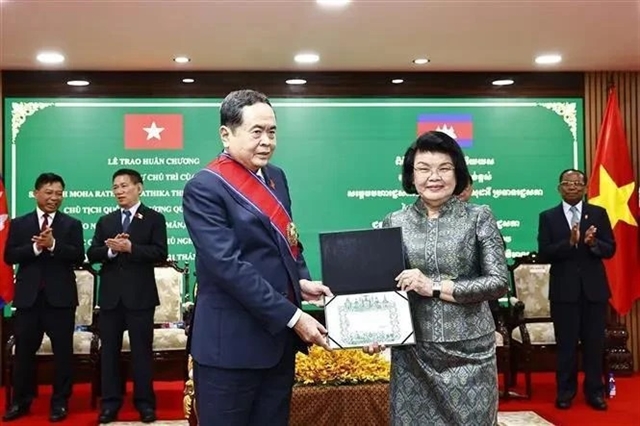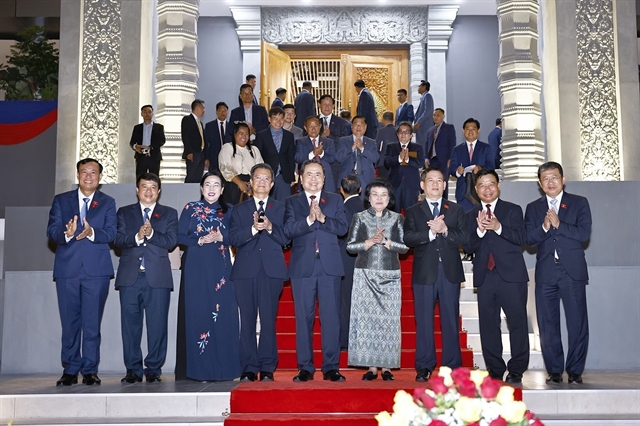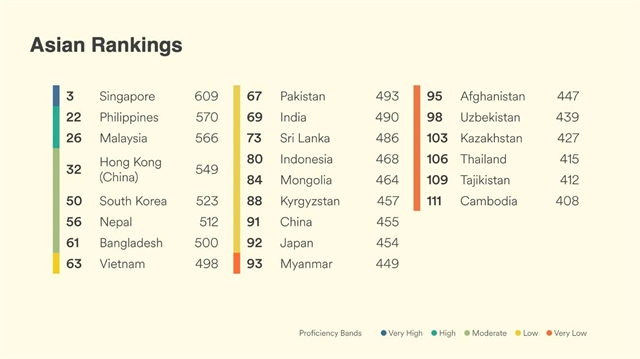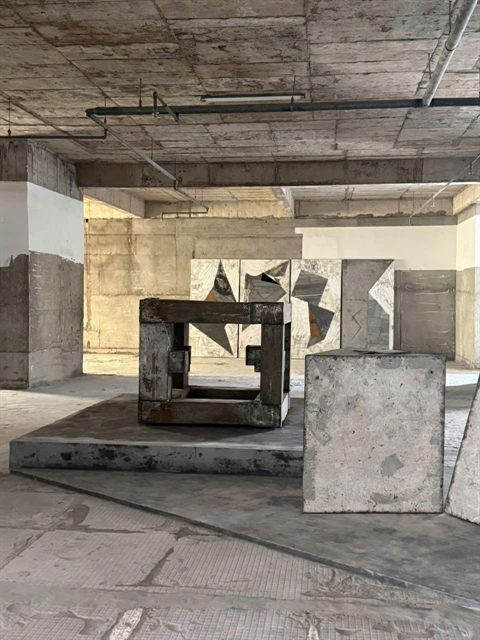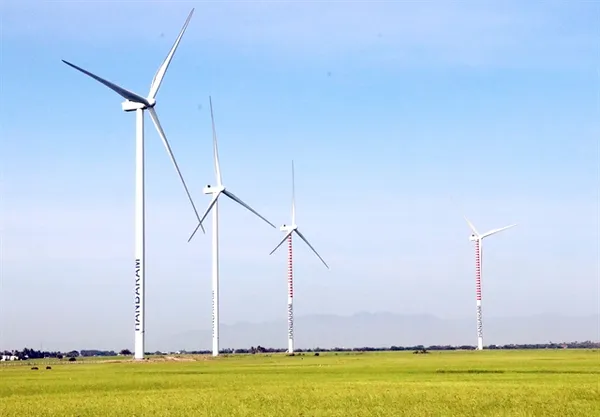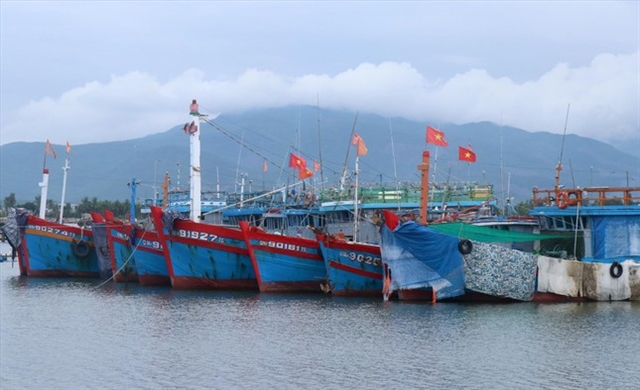 Economy
Economy
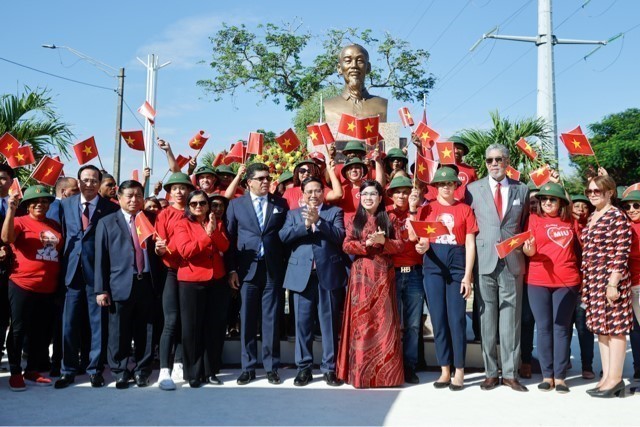
The Mekong Delta province of Vĩnh Long plans to develop nine industrial clusters with a total area of 492.5 ha from now to 2020, and another five industrial clusters with a combined area of 165.49 ha during 2020-30.
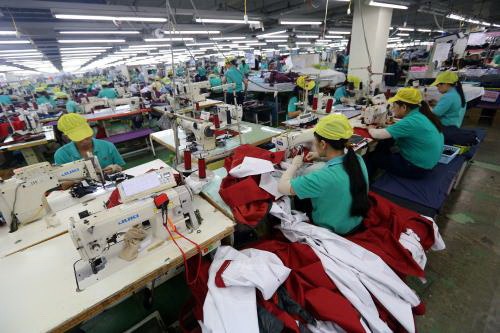 |
| A garment factory in Vĩnh Long Province’s Hòa Phú Industrial Park. The province plans to develop 14 industrial clusters from now to 2030. — VNA/VNS Photo |
HCM CITY — The Mekong Delta province of Vĩnh Long plans to develop nine industrial clusters with a total area of 492.5 ha from now to 2020, and another five industrial clusters with a combined area of 165.49 ha during 2020-30.
The information was released at a seminar held in the province late last week to announce the province’s zoning planning for industrial cluster development until 2020 with a vision to 2030.
Approved industrial clusters will serve projects in the fields of farm produce, aquatic products and food processing; energy; repairing and assembling of agricultural machines and transportation means; wood processing; garment and textiles, and footwear.
Vũ Ngọc Tú, deputy director of the Provincial Department of Industry and Trade, said that through the zoning plan, the province aims to form a system of industrial parks and clusters to ensure its sustainable economic development, as well as contribute to promoting its economic restructuring and boosting its industrial growth.
In addition, the development of industrial clusters following the zoning plan would create industrial infrastructure facilities with long-term value, contribute to the modernisation of infrastructure system, create jobs, raise incomes and form an industrial working style for workers, and meet land sites and infrastructure demand for industrial production in the province, he said.
To accomplish the targets, the province will focus on implementing many measures, including enhancing trade promotion and administrative reform, improving infrastructure, creating a favourable investment environment, paying special attachment on human resource development and training, and attracting enterprises and credit sources to invest in infrastructure of industrial clusters.
On the other hand, the province also closely combined the overall and detailed plannings of industrial clusters to ensure the harmonious integration between industrial cluster development and industrial and socio-economic development in each locality in the province.
At the same time, the province will accelerate the decentralisation of the management of industrial clusters to local governments where the industrial clusters are located to ensure simple and effective management.
In addition to applying the appropriate policies and mechanisms of the central Government, the province will also implement its own incentive policy for investors, such as helping investors choose the optimal locations in line with the province’s socio-economic and industrial development plan.
Particularly, the province will create favourable conditions for enterprises to enable them to borrow preferential credit or loans with subsidised interest rates to build infrastructure, and offer them with tax reductions and exemptions.
Through preferential policies, the province aims to create an attractive investment environment and support investors with part of the costs.
The province currently has two industrial parks and one industrial route, with a total area of 416ha.
In addition to developing 14 new industrial clusters by 2030, the province has also set a target to build another three new industrial parks with a combined area of 950ha. — VNS

